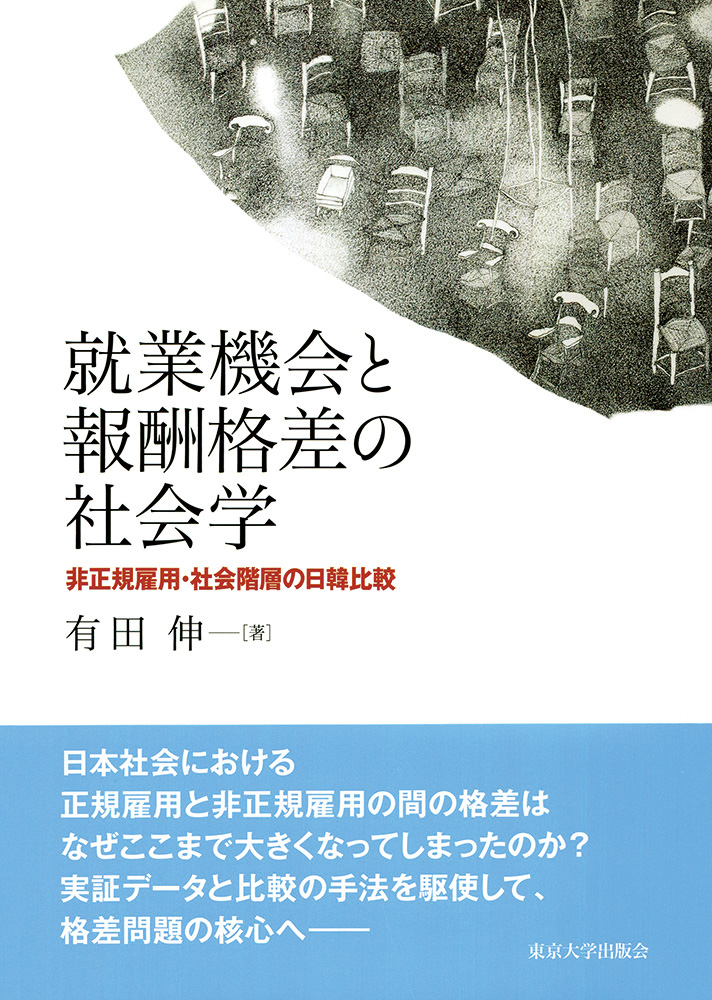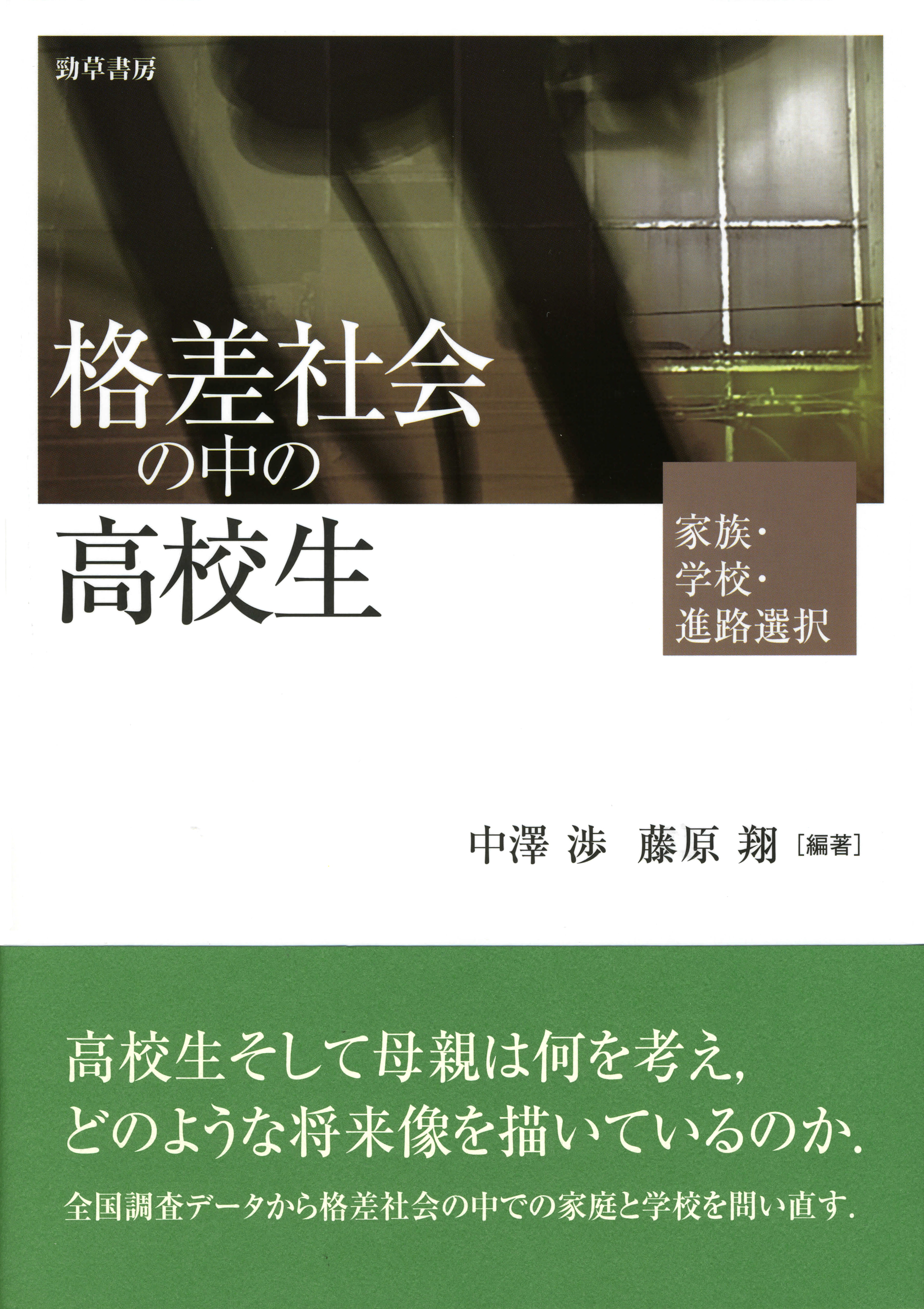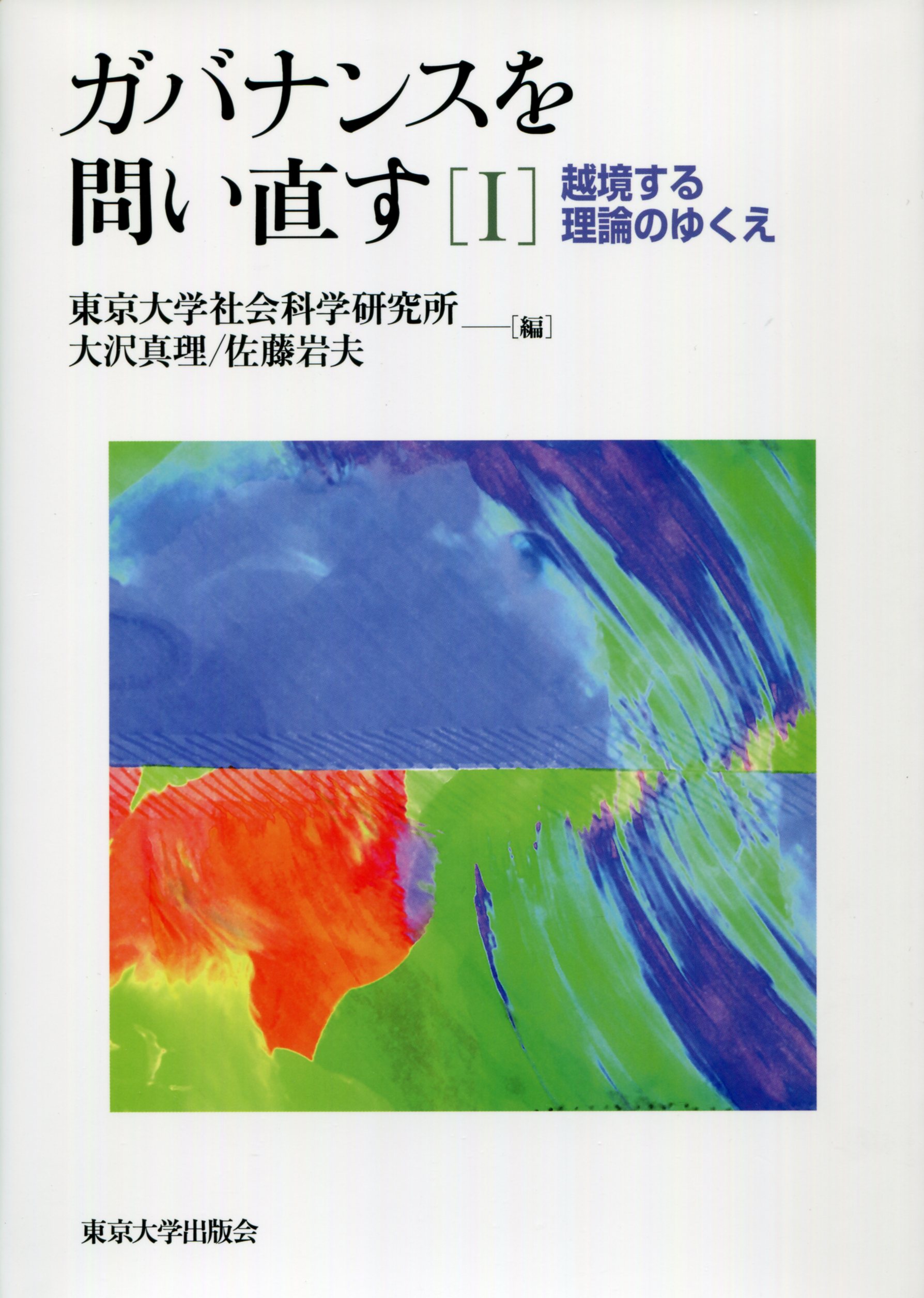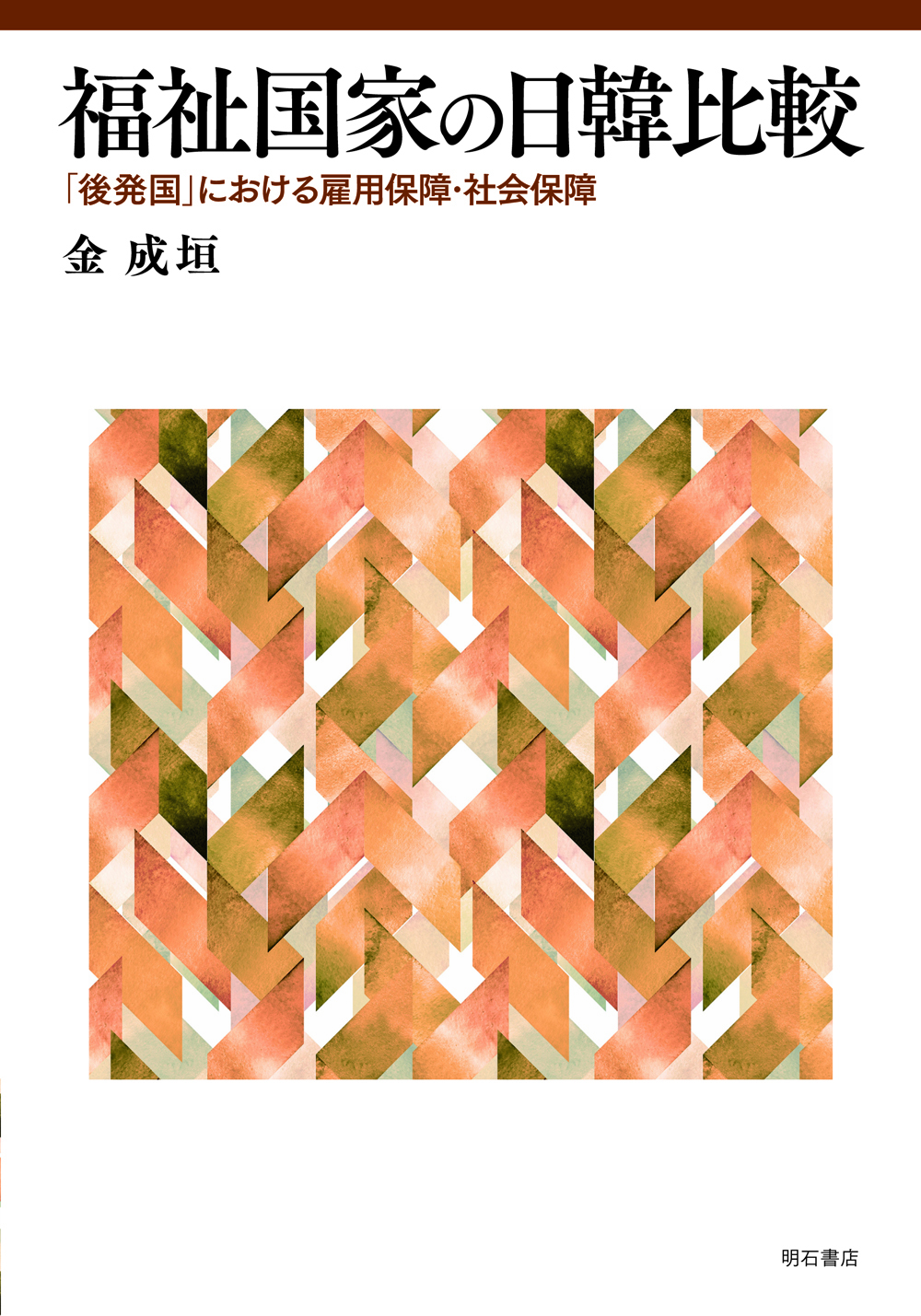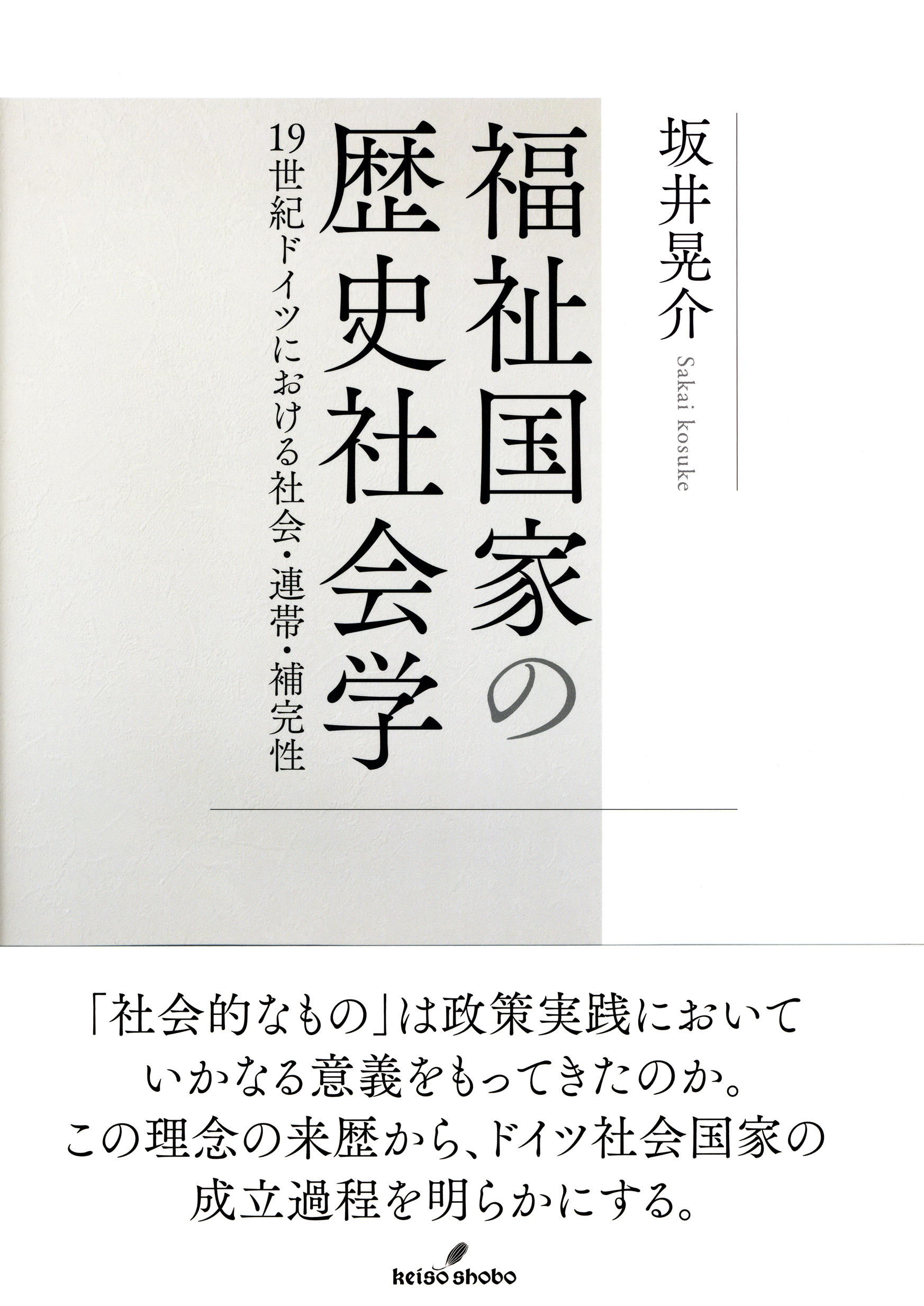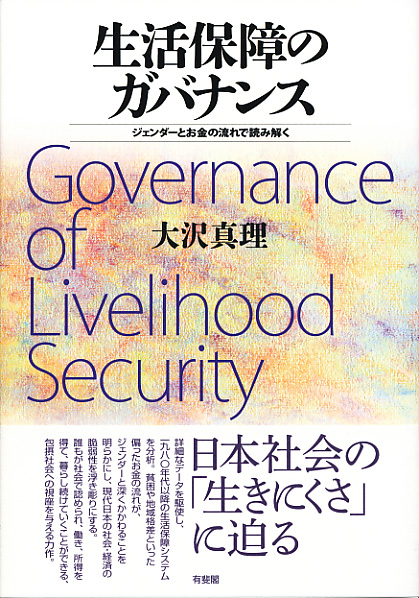
Title
Seikatsu Hosho no Governance (Governance of Livelihood Security - Deciphering through gender and cash flow)
Size
458 pages, A5 format, paperback
Language
Japanese
Released
January, 2014
ISBN
978-4-641-17394-1
Published by
Yuhikaku Publishing Co. Ltd.
Book Info
See Book Availability at Library
Japanese Page
Focusing on Japan’s livelihood security system while thoroughly integrating a gender perspective the author has advanced international comparative studies on welfare states/regimes through close joint studies conducted with researchers from Britain, the United States, Germany, and South Korea. This book introduces the concept of governance in this context and shares some outcomes of the institute-wide joint project of the Institute of Social Science entitled “Reconsidering Governance.”
Previous comparative welfare studies have been limited in terms of the two aspects of subject and scope of analysis. First, they have focused on the West, with the subject of investigation mostly being social security benefits. By contrast, the author’s research has been focusing on Japan and looked at private sector systems and practices to include families, companies and not-for-profit organizations. These private activities interact with the government’s laws and policies such as the tax and social security system and labor market regulations within a framework that meets (or fails to meet) people’s livelihood needs, and this is what the author calls a “livelihood security system.”
Secondly, in terms of scope of analysis, few studies to date have gone as far as to look into the impact of policies and systems. This book, however, introduces governance in the sense of the total effect of livelihood security systems. In doing so, it refers to the European Union’s common indicators for social exclusion. Of these, importance is assigned to poverty.
Based on the situation of countries of the Organization for Economic Co-operation and Development (OECD) around the 1980s and from the perspective of gender, livelihood security systems can be classified into three types—the male breadwinner model, the work-life balance model and the market-oriented model. Japan’s system is the entrenched male breadwinner type. This book argues that Japan’s system is so dysfunctional today that it is even functioning in the reverse to make the problem that it is supposed to be addressing worse. More specifically, the social insurance system is divided according to work hours and income, which leads to increasing non-regular employment as well as negative impact on the balance of payment for the social insurance system and a reduction in its application, and income redistribution by the government is deepening poverty.
In the latter half of the 2000s, the governance of livelihood security in Japan displayed the following characteristics: 1) Japan is in the group of OECD countries with the highest poverty rates. 2) Among the working age population who are poor, even two-earner couples find it difficult to escape poverty. The weak earning capacity of women is part of the reason but not the only one. The extent to which the government’s income redistribution efforts are reducing poverty in the working age population for households where all adult members are working (two-earner couples, working single parents, working single people), as well as for children as a whole, is negative (Japan is the only such country in the OECD). 3) Japan’s child poverty rate ranks among the highest among OECD countries, and the poverty rate for working single parents (and their children) is particularly prominent at 60%. This also indicates that income redistribution by the government is having the reverse impact of worsening poverty.
In Japan, working intensively as a household and bearing and raising children are basically being penalized by the tax and social security system. This is an irrational situation to be in given that it is a society concerned about the rapid decrease of its labor force. The book’s conclusion offers prospects on how to escape this irrationality.
(Written by OSAWA Mari, Professor, Institute of Social Science / 2017)



 Find a book
Find a book


 eBook
eBook